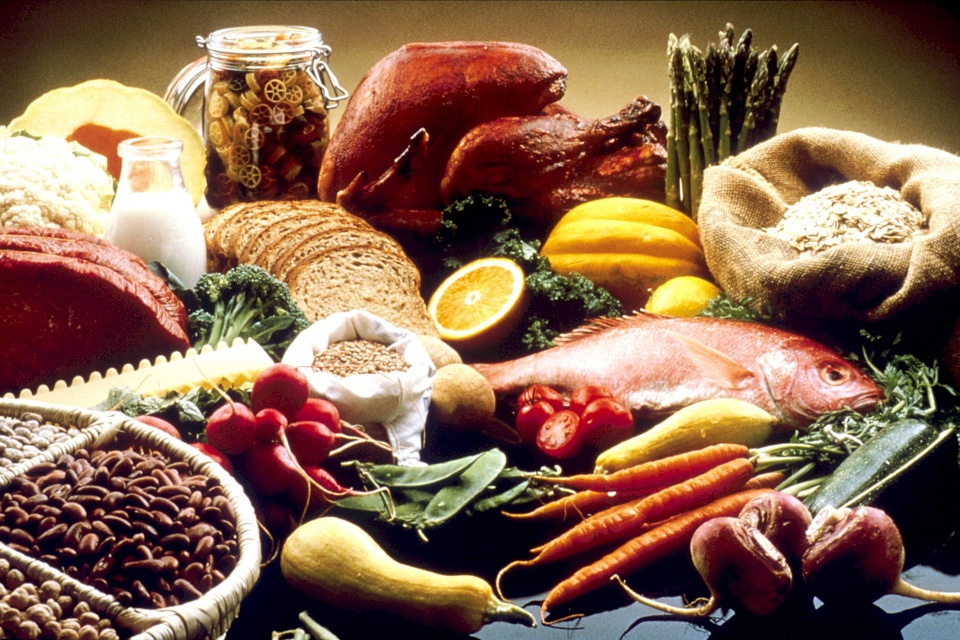
Plant-based Foods that Boost Vitamin D Levels in the Body
SadaNews - Vitamin D has become a concern for many city dwellers due to modern life. Doctors warn of its deficiency, while pharmacies offer tablets and drops suggesting instant treatments.
However, it is advised to wait before taking supplements, as it is the only vitamin that the body produces completely, given sufficient exposure to sunlight, according to the "Times of India."
While sunlight remains the optimal source, food can play a crucial role in obtaining vitamin D.
Experts recommend some plant-based methods to obtain vitamin D, especially for vegetarians who cannot acquire it from fish or other rich animal sources.
1. Fortified Dairy Products
Fortifying dairy products with vitamin D is one of the simplest and most effective public health measures. This substance is added to many kinds of yogurt and canned cheeses during manufacturing in many countries.
This simple procedure transforms a daily cup of milk or a bowl of yogurt into a valuable nutritional source.
2. Mushrooms
Mushrooms are among the plant foods that enhance the production of vitamin D when exposed to sunlight, similar to the skin.
However, the production of vitamin D varies among different mushroom types. For example, shiitake, maitake, and portobello mushrooms, whether sun-dried or grown under ultraviolet light, contain significantly higher levels of vitamin D. In contrast, common cultivated white button mushrooms, grown indoors and sold plastic-wrapped, are nearly devoid of this substance.
Mushrooms also contain antioxidants such as selenium and ergothioneine that strengthen the immune system.
3. Plant-Based Milk
For vegetarians, types of fortified plant-based milk, such as soy, almond, and oat milk, are often the easiest means to prevent vitamin D deficiency.
This fortification process is similar to that of dairy products, with many brands incorporating vitamin D alongside calcium to enhance absorption.
4. Ragi
Ragi, or finger millet, has long been a part of traditional Indian diets and is often highlighted for its rich calcium and iron content.
Sun-dried or sprouted ragi also contains small yet valuable amounts of vitamin D.
5. Fortified Breakfast Cereals
Breakfast cereals, especially packaged ones that are often marketed as "healthy foods," are fortified with high levels, sometimes exceeding those in regular milk.
Although basic cereals may not contain it naturally, this smart and thoughtful fortification makes breakfast cereals a remarkably reliable source, especially for growing children and busy working adults.

Scientists Attempt to "Intercept Cancer" Before Its Formation.. Know the Details

American Fact-Checking Platform Exposes Trump's Exaggerations in State of the Union Addres...

How Mourinho Deceived Everyone and Watched the Match Between Real Madrid and Benfica from...

Fat Loss Improves Blood Pressure and Supports Immunity

Galaxy S26 Armed with a Smart Feature to Combat the Most Dangerous Threats to Smartphones

Discovery of Microplastic Particles in 90% of Prostate Cancer Cases

Artificial Intelligence Diagnoses Children's Brain Tumors with 92% Accuracy Without Surger...

